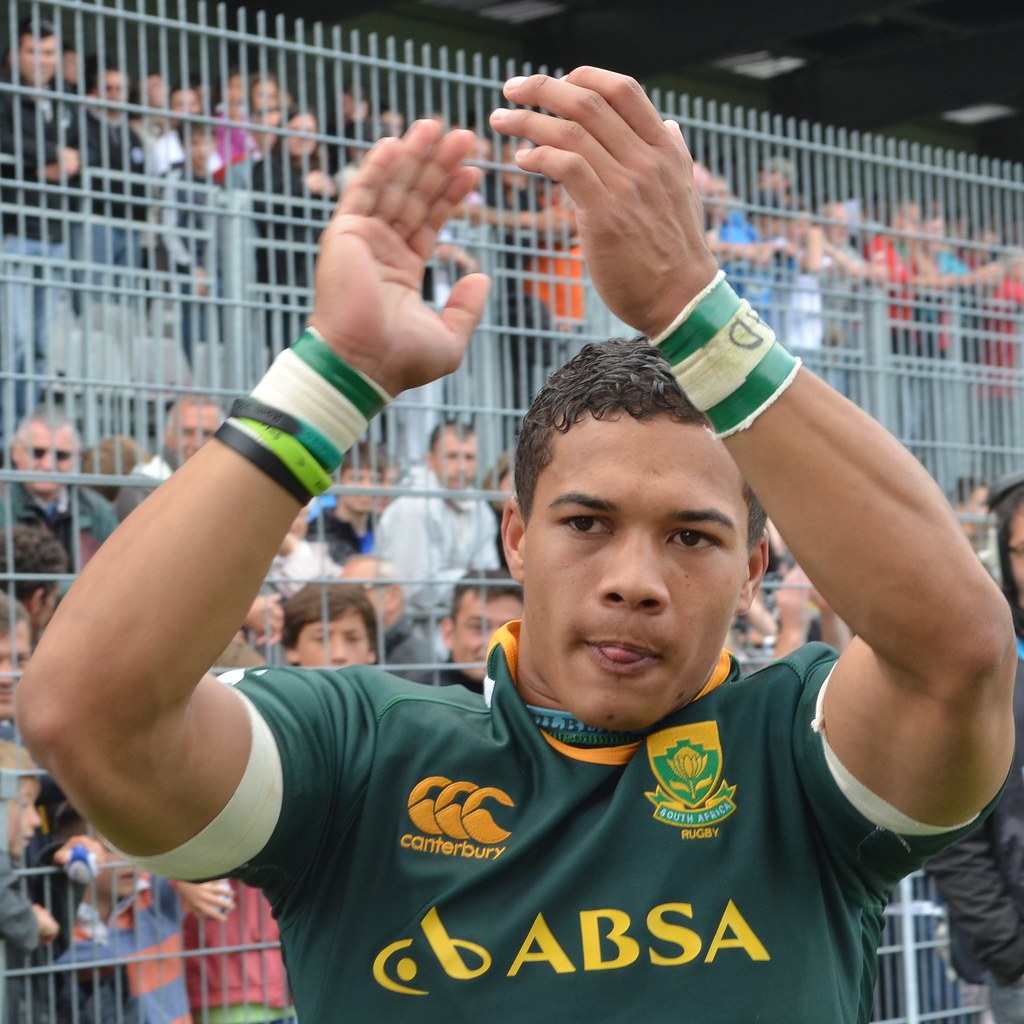The old adage of “you’re too small to play rugby” is still ever present in our sport today. From young children just starting out in the sport being told they’re too small to play under-9s rugby, all the way to international levels where a “size advantage” is exactly that: an advantage. But how much does it really matter in university rugby?
First, we need to ask, “Why do I want to play rugby?”. If your answer is to become the next British and Irish Lion, perhaps the uni first team is the place to look. If it is anything along the lines of being competitive, having fun, making new friends, or getting a taste of the infamous rugby culture then there are other options. Playing competitively at a high level requires you to accept the risks of harder hits and bigger opponents but if what draws you into the sport is the comradery and fun then intramural rugby has fewer such concerns whilst maintaining a competitive feel.
We see that at international level, size doesn’t seem to matter too much. Retired Munster and Irish scrum-half, Peter Stringer, measures in at 1.71m and 73kg. He had an incredibly successful career, playing in two Rugby World Cups, despite the challenges he faced as one of the smallest players on the field. He emphasises that “if you’re good enough, you’re big enough, and there’s definitely a place for small players in the game”.
World Rugby Hall of Fame inductee Shane Williams also faced similar criticisms for being 1.7m and 80kgs and his advice to young players who are told they’re “too small” is that “if you get smashed, you get up, you dust yourself off.”
Recently we’ve seen 1.71m, 74kg, Cheslin Kolbe challenge the traditional mindset in South Africa that “the bigger, the better”. He told the media, “I believe this game has a place for each and every player if they have the right attitude and mindset.” Kolbe added that by dedicating himself to improving his conditioning, training, power, and mental attitude, he was able to overcome the widespread negative comments. This enabled him to flourish as a winger and he is now a Rugby World Cup champion.
Whilst these international players are great sources of inspiration, how much of their experience applies to grassroots rugby? These players had to start somewhere, whether it be U9’s, Varsity or Provincial. In short, they played grassroots rugby too. There is no doubt that the game is changing. Increased professionalism has seen bigger and stronger players emerge which results in bigger collisions and a higher risk of injury. But, on the flipside, professionalism and increased competitiveness encourages the development of superior skills which ultimately provides opportunities for players of any size.
I am a firm believer that there is a place for everyone in rugby – be it as a player, coach, referee or spectator. No matter what size you are, the rugby community welcomes you with open arms. If you’re a smaller player who aspires to reach a high level, don’t be discouraged. Take steps to improve your skills and your mindset until they are the best they can be. If you’re not looking to reach an intensely competitive level, don’t let size scare you. There is a level of rugby for everyone and you won’t know the benefits of joining until you try it.
Image: Eire L via Creative Commons

